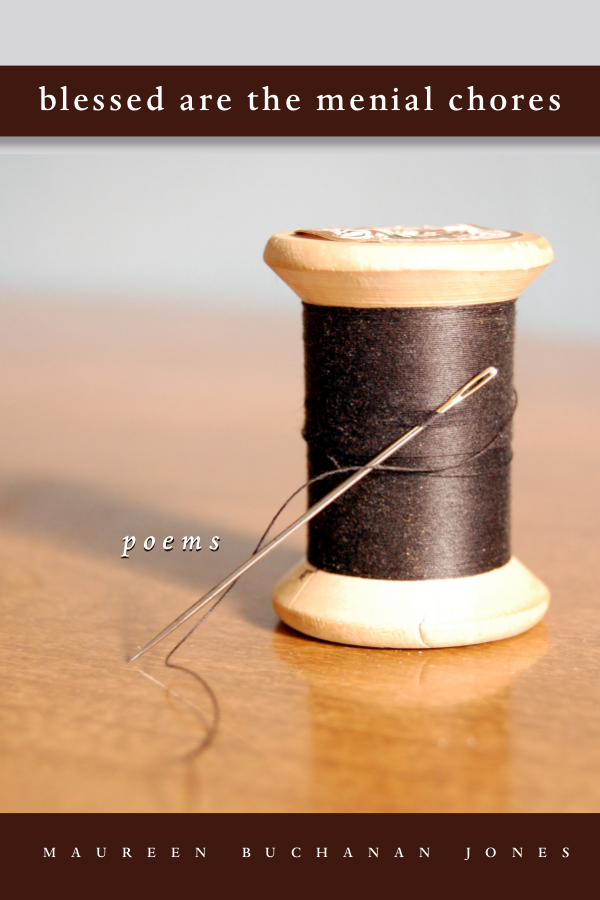A trope is a repeated concept that appears throughout literature: an older husband with a young hot wife cheating on him. To write this story as a cliché would be every bodice ripper novel in the airport bookstore. So how do we use a trope and avoid the cliché?
In my literature classes I would ask students to define literature. I could tell they heard the word literature and gave it a capital L, because their answers were almost always the same: Stories about important people doing important things. When I asked them their definition of important, they said stories about royals making decrees or wars, notorious people doing nefarious things, brilliant people making discoveries, famous people becoming more famous. These are all tropes. And then the students would add, and here is where we get to the heart of a writer’s creativity–they would say that literature had to be a story that no one had ever heard: no cliché.
After this discussion, I would assign Geoffrey Chaucer’s The Miller’s Tale, a classic but ridiculous story about an ordinary carpenter, his wife, their boarder, and the parish clerk. All these characters are entangled in an earthy sequence of lust, deception, slapstick, and absolutely no redemption. There are bathtubs on a roof and farts out a window. And yet! This is Literature. Why? Because Chaucer took the cliché of an older man with a much younger wife and made it his own. He told the story with several new elements: an added lover, a hilarious interpretation of the Bible, and vulgarity on top of bawdiness. But he also brought these characters to life–each is very much themselves in how they respond to the situation they are in, and the reader is on no one’s side. Of course, the fellow pilgrims in The Canterbury Tales were highly amused and had plenty to talk over on their journey.
I would ask the question again after the students had read and discussed the story. Eventually someone would say: Literature is how well a story is told. This is the craft in the art of writing. How and why we feel what we do when we read a poem, a piece of flash fiction, a novel or a memoir is a result of how well the author has told the story. My point is that cheating on one’s spouse is a trope, and that Chaucer’s rendition of it is high comedy and a brilliant parody of the medieval morality plays that made this kind of sinning a cliché. A cliché is boring and predictable, and Chaucer’s use of the trope is surprising and unexpected. It goes against a reader’s expectations. Avoiding cliché when using tropes is like setting up a punchline whether in comedy or drama, then leading the audience into the familiar only to take a sharp left. Tropes are the thread of storytelling; a writer’s reimagining makes new cloth.
Upcoming Events
Need a winter break? Need a time and place to set the world aside and immerse yourself in the world of words? Join me for a February Writing Retreat at Serra Retreat Center in Malibu, California! Beginning Monday, February 24th through Friday, February 28th. Writers of all genres and levels of experience are welcome. This retreat is tailored for those who do not love huge groups and who cherish the opportunity to develop their writing within a respectful structure. For more information: https://www.writingfulltilt.com/retreats/ maureen@maureenbjones.com
Prompt Photo




